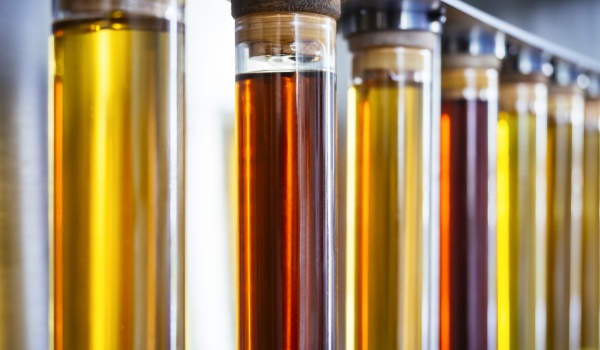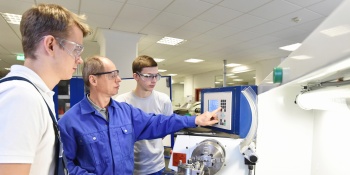
Heterogeneous catalysts for biodiesel production



Low cost

Biodegradable

Conservation
PROBLEM
Brazil is the second largest biodiesel producer in the world, but lots of difficulties are yet found in its production, such as the usage impossibility of high acidity index commodities. Added to this, the fact that homogeneous catalysts, commonly used, promote the formation of soap during the reaction, with consequent abundant use of water for product’s purification and reactors’ corrosion.
SOLUTION
The introduction of this tin-silicate heterogeneous catalyst in the biodiesel production process contributes to the elimination of problems already mentioned above and enables the usage of diverse commodities, including those with low market cost, such as oil and fat residuals that presents an elevated acidity index. Yet, different catalytic routes could be employed using ethanol and methanol as solvent, there is no soap formation during the reaction and the catalyst could be reused (presenting great conversion values), what provides reduction in the costs of the production process and in the final product.

Idea

Laboratory

Prototype

Scheduling

Market







